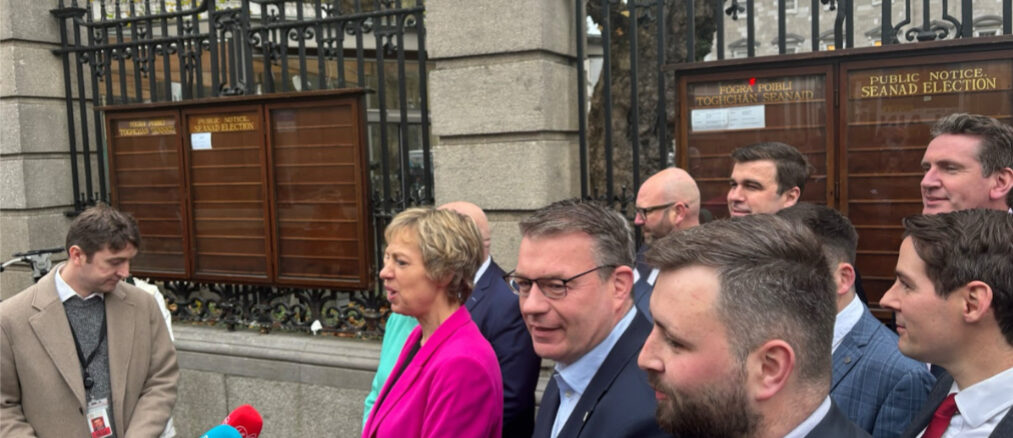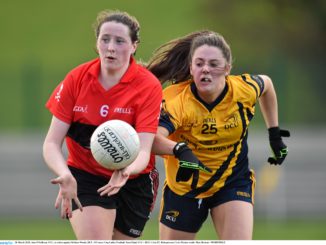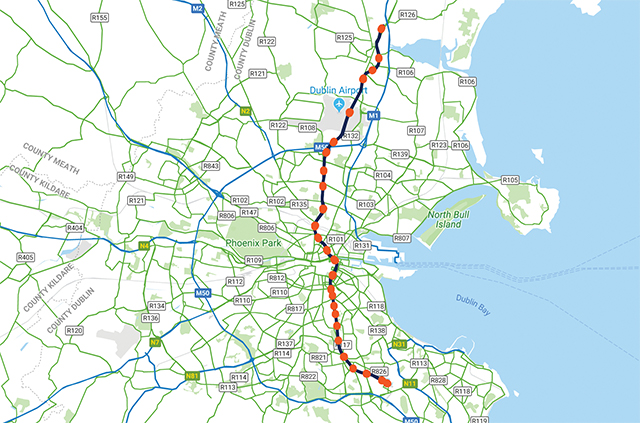
The general election has drawn to a close but coalition talks loom as Fianna Fail and Fine Gael need more support for a stable Dáil majority.
Fianna Fail has retained its status as the largest party with 48 seats, yet Fine Gael sits closely behind them with 38 seats so far. Both parties are set to return to power, but at least 88 seats must be filled for a comfortable majority in the Dáil.
Other political parties, such as the Social Democrats, Labour or Independents will need to provide the support for a strong government. In the last general election, Fine Gael, Fianna Fail and the Green Party entered into a coalition government. However, this year the Green Party saw a huge loss as only one TD out of 12, Roderic O’Gorman, was successfully elected to the Dáil.
Preference of Fine Gael and Fianna Fail lean towards a coalition with Labour, although the Social Democrats have arisen as a contender in the possible negotiations. The Social Democrats are a relatively new party, having been created in 2015 and founded by co-leaders Catherine Murphy, Róisín Shortall and Stephen Donnelly.
Shortall said: “We’ve said from the very beginning that we’ll speak to all parties after the election. Talks will be going on between all parties over the next few weeks, so it’s likely to be a long drawn out process,” she said.
Labour leader Ivana Bacik has openly stated that a left-wing negotiating bloc would be ideal in providing a robust majority in the Dail.
However, the Social Democrats have exercised caution in deciding their next move.
“We’re not operating as a bloc,” said previous Social Democrats leader Shortall. “As of now, we will be talking to all parties, but really we’re talking about how to get those deal-breakers implemented, and that’s what it’s all about for us,” she said.
Meanwhile, Independents are also hedging their bets for a coalition government.
Barry Heneghan, elected Independent TD for Dublin Bay North, said It would be an honour to be invited into a coalition. “I am not ruling it out of the cards, but I also need to speak to people. If someone offers me a deal, like the Gregory Deal, I would want the best for Dublin Bay North,” he said.
The Gregory Deal referenced was a 1982 negotiation between Independent Tony Gregory and Charles Haughey, where Gregory’s constituency was given major investment in return for support in the Dail. “We need more community investment, and we need more infrastructure,” said Heneghan.
However, DCU Professor Mark O’Brien said that for Independents, Social Democrats and Labour, it boils down to a question of how much they want to risk.
“You get into politics to make a change. The only way you can effect change is by being in government. You can’t sit in the opposition benches forever. So it’s a question of whether or not the Soc Dems or Labour are actually willing to take that risk,” he said.
“Smaller parties tend to pay the price for going into coalition with the likes of Fianna Fail and Fine Gael, but if they don’t go in, then they’re consigned to sit perpetually on the back benches,” he continued.
Tomorrow, Fine Gael, Fianna Fail and Sinn Fein are due to hold party meetings to discuss the formation of the newly-elected government. The 34th Dail reconvenes on the 18th of December, although exactly who enters the coalition government will not be decided until the New Year.



